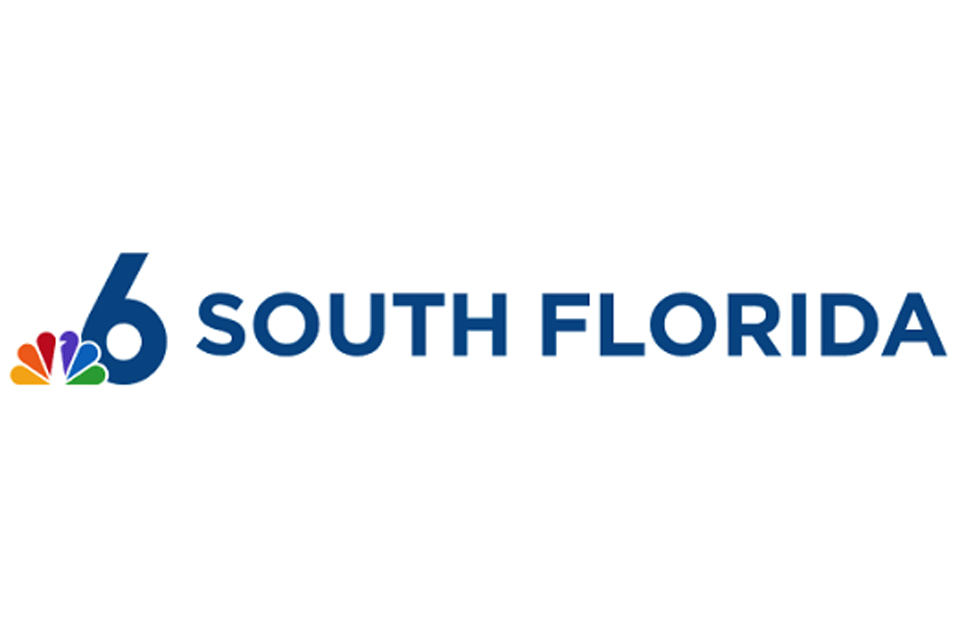What The New US-Cuba Aviation Agreement Means For The US
Law360, New York (March 15, 2016, 10:58 AM ET) —
One of the myriad consequences of the United States’ embargo against Cuba has been the lack of commercial airline service between the two countries during the last five decades. However, in another move reflective of the thawing of the Cold War relationship between them, Cuba and the U.S. reached an agreement on Feb. 16, 2016, that reestablishes commercial air service between the two countries and authorizes up to 20 daily, scheduled round-trip flights for each country.
The countries stipulated that Cuban and U.S. airlines “holding all necessary authorizations and licenses” will be permitted to operate commercial flights. The agreement is expected to have significant impact — not just on the aviation industry, but on all other industries that support the airline industry, including financiers, lessors, insurers and aircraft dealers.
The U.S. Department of the Treasury’s Office of Foreign Assets Control has made significant revisions to the U.S. embargo to facilitate travel to Cuba for authorized purposes. At the same time, one should bear in mind that the general commercial embargo on Cuba remains in effect, and any violation of applicable regulations can result in enforcement involving both criminal and civil penalties. While the maze of U.S. sanctions on Cuba is gradually untangling, airlines considering flights to Cuba need to carefully review the requirements and limitations on operations to and in Cuba. U.S. airlines that have expressed interest in flying to Cuba should do the following:
1. Carefully Scrutinize Travel Details
In response to the U.S. Department of Transportation invitation to apply for permission to operate scheduled flights to and from Cuba, nearly every major U.S. airline sought approval to schedule regular flights to Cuba and outlined the routes and destinations they prefer. Airlines in the approval pipeline include Delta Air Lines, American Airlines, JetBlue Airways and Silver Airways. The DOT has announced its intention to fast-track applications this spring, with approvals coming over the summer, so that scheduled services can be in place by this fall.
Critically, the logistics of such flights are not insignificant. For example, before scheduling flights, the airlines need to ensure they can meet all applicable restrictions. They will need to have processes in place to adequately confirm that passengers are authorized travelers qualifying under one of the 12 approved general license travel categories or some other specially obtained, specific license. Most importantly, airlines will need to cautiously safeguard that U.S. travelers are not boarding the flight for tourism purposes, which remains strictly prohibited.
2. Ensure All Contracts are Amended to Reflect Regulatory Changes
Aircraft Leases
Airlines regularly lease aircrafts from other airlines or leasing companies. In a typical aircraft lease, the owner conveys the aircraft’s use and possession to the airline for a term in exchange for rent. It is common for the lessor to seek protection relating to sanctions compliance risks, with the leases customarily containing carefully drafted “exclusion clauses” that explicitly prohibit lessees from operating aircrafts in a way that may trigger sanctions violations. In light of the new regulatory regime, airlines should review their leases to determine whether any amendment is necessary.
Aircraft Insurance Policies
Prior to the regulatory easing, OFAC had clearly stated in public guidance that providing or brokering insurance and reinsurance policies was restricted. U.S. companies were essentially prohibited from issuing insurance and reinsurance contracts involving Cuba.
Aviation insurance policies often contain restrictive clauses to protect insurers from making a payment under the policy that may breach a sanction imposed by an insurer’s country of domicile. These contractual provisions addressing sanctions are often very broad and a breach of such operating restrictions can even lead to a termination of the contract. The new rules will require the airlines greater scrutiny of their insurance policies.
Aircraft Financing
Similar to their insurance policies, airlines should review their financing agreements through which they were able to purchase their aircraft to ensure that no provisions could be interpreted as prohibiting operations in Cuba.
3. Compliance with Sanctions Regime, Record Keeping and Training
Airlines must structure their operations so that they have appropriate systems and controls in place to identify issues that may be subject to the Cuba sanctions regime. To that end, it is very important that airlines maintain records relating to all dealings with Cuba. Airlines should be able to furnish documentation regarding such dealings upon request from government authorities. For example, airlines should keep a written record of their traveler screening policy to make sure that only authorized travelers are able to board flights and that they are able to justify the timescales and frequency of such screenings, if required.
Additionally, airlines must ensure that staff training programs are in place and that they have a plan to distribute materials reflecting policies and procedures regarding Cuba-related issues.
Restrictions Remain
Despite the movement towards a friendlier relationship, most embargo restrictions — characterized by a complex regime that changes regularly — still remain in place. As airlines navigate these unchartered waters, they need to carefully review the current state of play regarding sanctions before conducting business in Cuba given the blurred line between strictly prohibited business activities and those permitted with prior authorization. Airlines should carefully secure prior authorization before initiating any permitted activity and, if already negotiating contracts with a party, should condition their contractual obligations on receiving the authorization. This is also extremely important, especially when entering into any contract with Cuban counterparties. Furthermore, airlines should also consider including appropriate provisions in their contracts to allow them to safeguard their interests should the sanctions be amended in the future. In conclusion, airlines must ensure that they adequately manage their exposure to sanctions liability, both from a contractual and a compliance perspective, and be cognizant of the legal protections they need.
—By Chad S. Purdie, Diaz Reus & Targ LLP
Chad Purdie is head partner of Diaz Reus’ Los Angeles office.
The opinions expressed are those of the author(s) and do not necessarily reflect the views of the firm, its clients, or Portfolio Media Inc., or any of its or their respective affiliates. This article is for general information purposes and is not intended to be and should not be taken as legal advice.


















































































![Especial abogados Salón de la Fama[61] 4](https://diazreus.com/wp-content/uploads/2023/06/Especial-abogados-Salon-de-la-Fama61-4-2-pdf.jpg)





























































































































































































